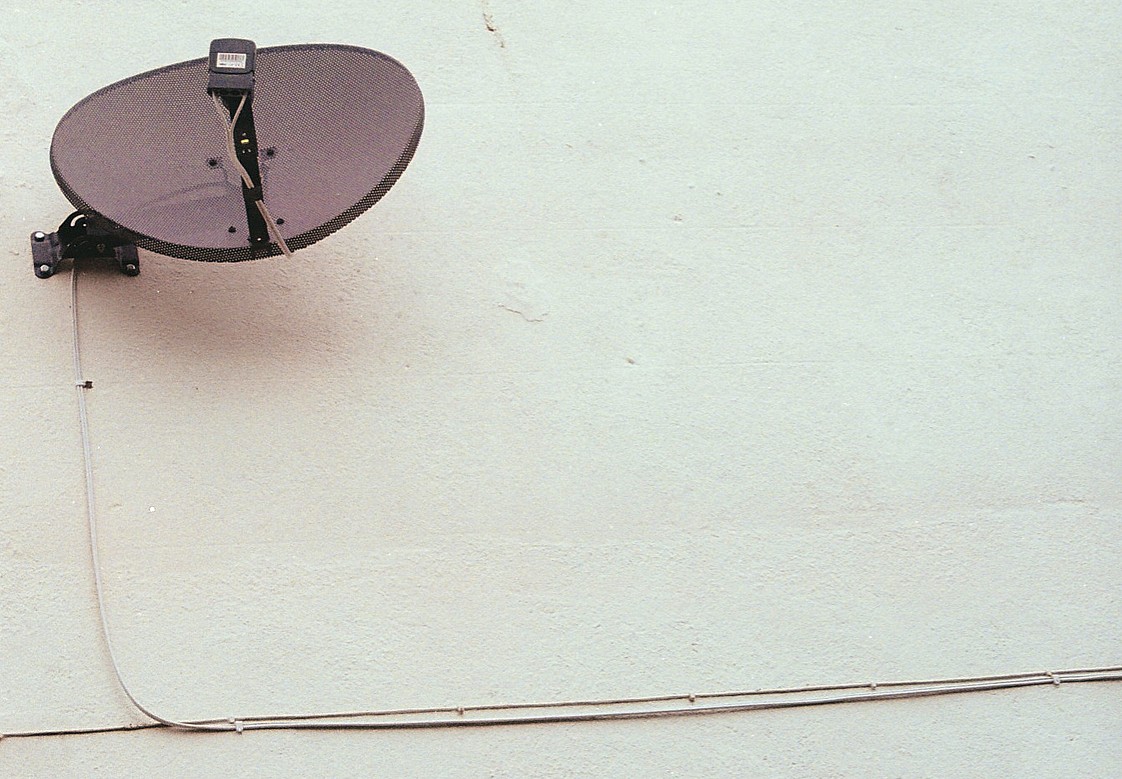Why the Cambridge Analytica story is a warning to Sky

Over the past week or so, Cambridge Analytica and Facebook have barely been out of the news. The central thrust of the story is that people consented to share information with Facebook and apps hosted on Facebook, which has then been used to target advertisements. It is claimed that these targeted advertisements influenced the US Presidential Election and the UK’s EU membership referendum. Despite frequent uses of phrases like “hack” and “data breach” in the news coverage, none of this actually involved anything other than use of information for which people had given consent—but the consent may not have been truly informed consent, because people simply clicked “Agree” without reading. (This old story, in which users of free wifi universally agreed to hand over their eldest child in exchange for internet access, feels relevant here.)
To anyone interested in technology, nothing in this story is particularly surprising, and I think its fair to characterise most of the tech press as struggling to cover it. Even Carole Cadwalladr, the journalist credited with highlighting this story, reportedly sees herself as a feature writer who translated something well-known among the well-informed into a story with mass appeal, rather than uncovering anything new.
To me, that the adverts on Facebook feeds are not randomly chosen seems self-evident. And yet, there is plenty of evidence that many people don’t even recognise adverts in their Facebook feeds, let alone wonder how they were chosen. The coverage of Cambridge Analytica seems to suggest that many users are agape at the revelation that Facebook adverts exist and are targeted at users. In some quarters, the anger at Facebook is offset by the fact that the service is free to use and “has to make money somehow”.

If I were an investor in Sky, I would be worried right now. Unbeknown, I suspect, to the vast majority of its users, Sky targets TV ads via a platform called AdSmart. Sky boxes download adverts overnight and then play back commercials targeted at households in ad breaks. Or, as they put it,
With Sky AdSmart different ads can be shown to different households watching the same programme.
Sky uses an enormous amount of probabilistic data on subscriber households to enable this targeting, including everything from household income, the age of cars owned by household members, the month of renewal of insurance policies, the pets owned by householders, whether subscribers are pregnant, and even the compass direction in which the householder’s garden faces. Sky promotes this to advertisers as an
in-depth knowledge of Sky households … There are thousands of combinations to choose from when selecting the audience that sees your ad. Households can be selected based on factors such as age, location, life style or even if they have a cat … allowing advertisers to cherry-pick their audiences.
If people don’t expect targeted advertising on a platform where they proactively share much of their life, then I suspect that they are even less expectant of being profiled and targeted with advertising while they are catching up on the latest soaps. While folk post about their cats on Facebook with alarming frequency, I think many people would be upset to learn that Sky knows whether they own a pet, let alone that this knowledge is used to show them relevant TV ads. And, of course, users pay Sky hefty subscription fees each month, negating the “has to make money somehow” mitigation.
Nobody can claim that Sky is anything other than open about AdSmart, and I am quite certain that they will have legally compliant consent from subscribers as part of the terms and conditions of their service. But all of that is also true of targeted advertising on Facebook. To me, AdSmart feels intuitively like a programme ripe for “exposure” through a talented journalist like Carole Cadwalladr. While the press has less of an incentive to attack Sky than it does to attack Facebook, I would be worried if I were Sky.
The picture at the top is based on an original posted on Flickr by Sarah Joy. I’ve modified it and used it here under its Creative Commons licence. The Sky AdSmart picture in the middle is a promotional image owned by Sky Group, used here under the ‘fair dealing’ exception to copyright law.
This post was filed under: News and Comment, Posts delayed by 12 months, Advertising, Cambridge Analytica, Media, Sky.

 I’ve been intending to post for ages on the subject of patronising, irritating, and most certainly excessive Government advertising. I have found recently that it’s impossible to watch a single commercial TV programme without seeing at least one Government funded advert, whether it be for
I’ve been intending to post for ages on the subject of patronising, irritating, and most certainly excessive Government advertising. I have found recently that it’s impossible to watch a single commercial TV programme without seeing at least one Government funded advert, whether it be for